The H5N1 strain of the avian influenza virus is present in wild bird populations across Ireland and the UK and has led to outbreaks of the disease in commercial poultry flocks.
The letters and numbers used to name this strain of bird flu refer to two proteins which are present on the surface of the virus.
The H5N8 strain of the disease was the cause of outbreaks last winter, but the difference in the make-up of the current virus indicates that the ongoing outbreak was not caused by a carryover of infection from last year.
Instead, the H5N1 virus that is now circulating in local wild birds came to these islands through migratory birds at the start of the winter.
This avian influenza virus can also persist in cold water, so the risk of the disease in the poultry industry is likely to remain high until well into next spring when migratory birds leave and temperatures start to rise.
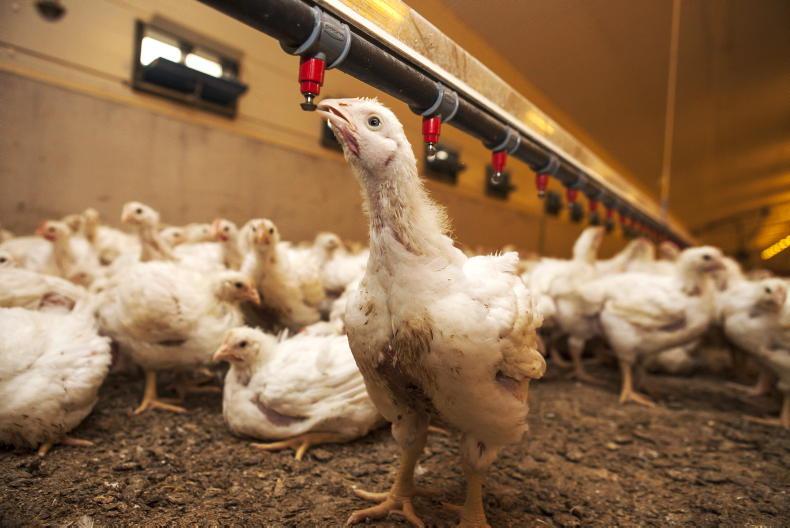
The effect of H5N1 infection varies between different species of birds. \ Philip Doyle.
The H5N1 virus is described as “highly pathogenic” because it is very contagious, has severe effects on birds, and can have a high mortality rate.
Mortality appears to be worst when turkeys are infected
Bird droppings are the most common route for disease spread and it is estimated that one teaspoon full of H5N1 infected faeces could potentially infect 500,000 birds.
The effect of H5N1 infection varies between different species of birds.
Mortality appears to be worst when turkeys are infected, as death rates of between 60% and 80% have been reported from recent outbreaks on commercial turkey units in Britain.
However, mortality rates are much lower among ducks. For example, a recent outbreak in a duck breeding unit in Aughnacloy, Co Tyrone, was first detected after a drop in egg production, and not because of an increased number of dead birds.
Symptoms vary
Other symptoms also vary between different species of birds, so poultry keepers need to be vigilant for any sign of unusual behaviour in birds. As reported on p46, there are a range of potential clinical signs, from respiratory distress, to loss of appetite, to diarrhoea.
“It is very important to monitor your birds every day. Monitor their feed intake, monitor their water intake, monitor their production,” said Caroline Hall from Parklands Veterinary Group.
If they are too quiet, there is something not right
Speaking at a recent online event, Hall advised bird keepers that reduced noise levels in poultry houses can also be a sign of health problems.
“If they are too quiet, there is something not right. If you have any concerns at all, contact your local vet and let the Department of Agriculture know too,” she said.
If your birds are showing any signs that are not normal, then seek veterinary advice as soon as possible
Similar to COVID-19 in humans, early identification of H5N1 in birds is essential for effective isolation measures to be put in place to stop the virus spreading to other poultry units.
“It is important not to wait for a combination of potential symptoms. If your birds are showing any signs that are not normal, then seek veterinary advice as soon as possible,” said Jim Blee from Northern Ireland’s Department of Agriculture.
Little scope for avian influenza vaccine
The widespread use of effective vaccines is a key part of the plan to reduce the spread of the COVID-19 virus in humans, but can the same logic be applied to avian influenza in the poultry industry?
According to poultry vet Caroline Hall, there are a range of factors that make vaccination an unrealistic option for bird flu control at present.
“It is very difficult to plan in advance for making a vaccine because, as we have seen over the past few years, different strains of avian influenza have hit the UK and Ireland each year,” she explained.
False sense of security
The Parklands vet also said that having access to vaccinations can sometimes give people a false sense of security which can lead to poorer adoption of other preventative steps, such as strict biosecurity measures.
Hall said that another stumbling block is that rollout of a bird flu vaccination programme means that the country loses its free from avian influenza status under World Organisation for Animal Health (OIE) rules.
“This would have detrimental effects on trade between us and other countries, so we are not going down that route at the moment,” she said.
The H5N1 strain of the avian influenza virus is present in wild bird populations across Ireland and the UK and has led to outbreaks of the disease in commercial poultry flocks.
The letters and numbers used to name this strain of bird flu refer to two proteins which are present on the surface of the virus.
The H5N8 strain of the disease was the cause of outbreaks last winter, but the difference in the make-up of the current virus indicates that the ongoing outbreak was not caused by a carryover of infection from last year.
Instead, the H5N1 virus that is now circulating in local wild birds came to these islands through migratory birds at the start of the winter.
This avian influenza virus can also persist in cold water, so the risk of the disease in the poultry industry is likely to remain high until well into next spring when migratory birds leave and temperatures start to rise.

The effect of H5N1 infection varies between different species of birds. \ Philip Doyle.
The H5N1 virus is described as “highly pathogenic” because it is very contagious, has severe effects on birds, and can have a high mortality rate.
Mortality appears to be worst when turkeys are infected
Bird droppings are the most common route for disease spread and it is estimated that one teaspoon full of H5N1 infected faeces could potentially infect 500,000 birds.
The effect of H5N1 infection varies between different species of birds.
Mortality appears to be worst when turkeys are infected, as death rates of between 60% and 80% have been reported from recent outbreaks on commercial turkey units in Britain.
However, mortality rates are much lower among ducks. For example, a recent outbreak in a duck breeding unit in Aughnacloy, Co Tyrone, was first detected after a drop in egg production, and not because of an increased number of dead birds.
Symptoms vary
Other symptoms also vary between different species of birds, so poultry keepers need to be vigilant for any sign of unusual behaviour in birds. As reported on p46, there are a range of potential clinical signs, from respiratory distress, to loss of appetite, to diarrhoea.
“It is very important to monitor your birds every day. Monitor their feed intake, monitor their water intake, monitor their production,” said Caroline Hall from Parklands Veterinary Group.
If they are too quiet, there is something not right
Speaking at a recent online event, Hall advised bird keepers that reduced noise levels in poultry houses can also be a sign of health problems.
“If they are too quiet, there is something not right. If you have any concerns at all, contact your local vet and let the Department of Agriculture know too,” she said.
If your birds are showing any signs that are not normal, then seek veterinary advice as soon as possible
Similar to COVID-19 in humans, early identification of H5N1 in birds is essential for effective isolation measures to be put in place to stop the virus spreading to other poultry units.
“It is important not to wait for a combination of potential symptoms. If your birds are showing any signs that are not normal, then seek veterinary advice as soon as possible,” said Jim Blee from Northern Ireland’s Department of Agriculture.
Little scope for avian influenza vaccine
The widespread use of effective vaccines is a key part of the plan to reduce the spread of the COVID-19 virus in humans, but can the same logic be applied to avian influenza in the poultry industry?
According to poultry vet Caroline Hall, there are a range of factors that make vaccination an unrealistic option for bird flu control at present.
“It is very difficult to plan in advance for making a vaccine because, as we have seen over the past few years, different strains of avian influenza have hit the UK and Ireland each year,” she explained.
False sense of security
The Parklands vet also said that having access to vaccinations can sometimes give people a false sense of security which can lead to poorer adoption of other preventative steps, such as strict biosecurity measures.
Hall said that another stumbling block is that rollout of a bird flu vaccination programme means that the country loses its free from avian influenza status under World Organisation for Animal Health (OIE) rules.
“This would have detrimental effects on trade between us and other countries, so we are not going down that route at the moment,” she said.




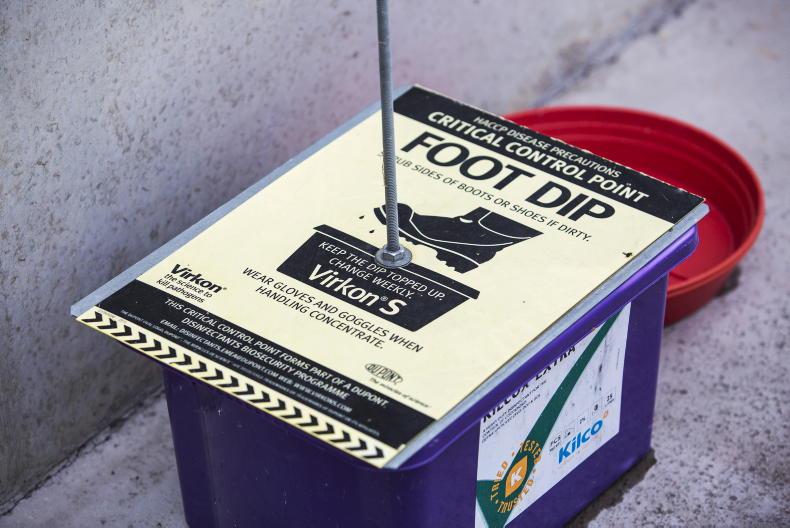

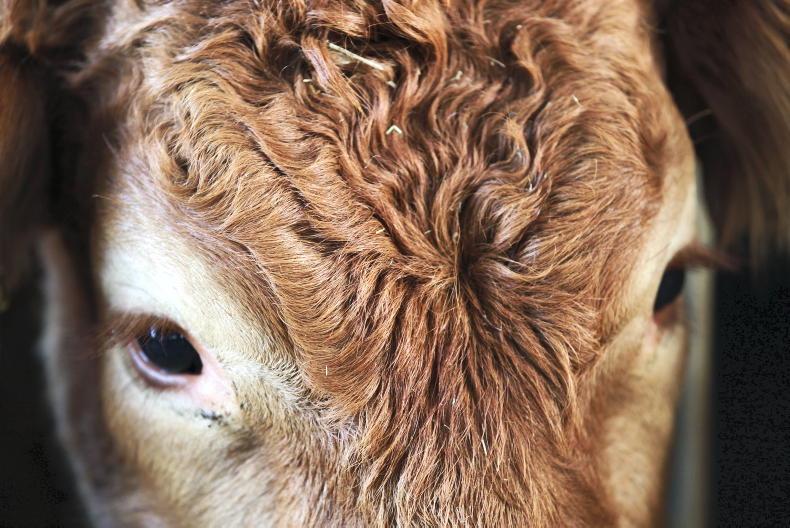
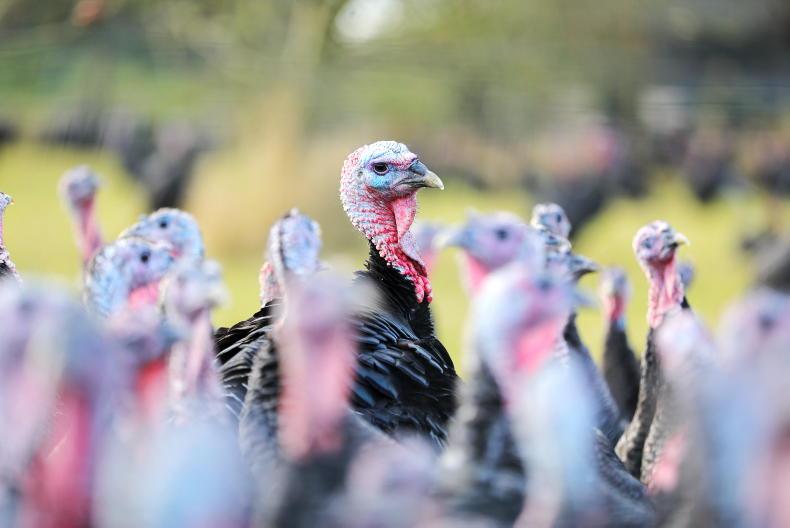

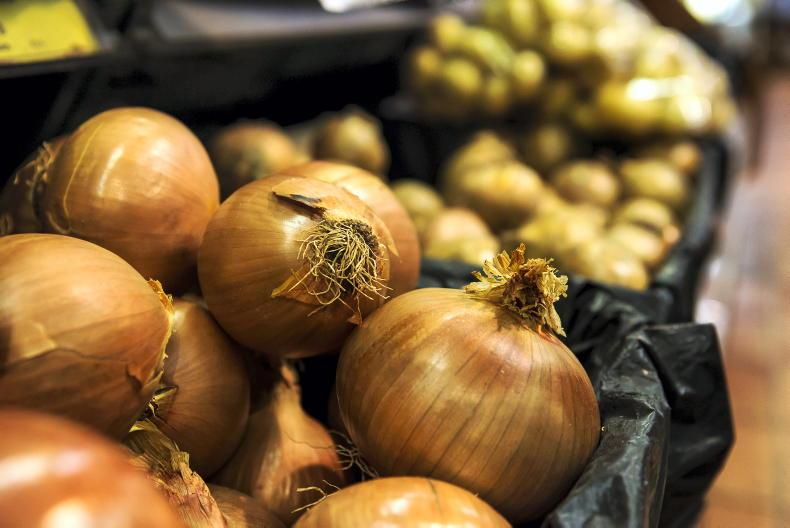
SHARING OPTIONS